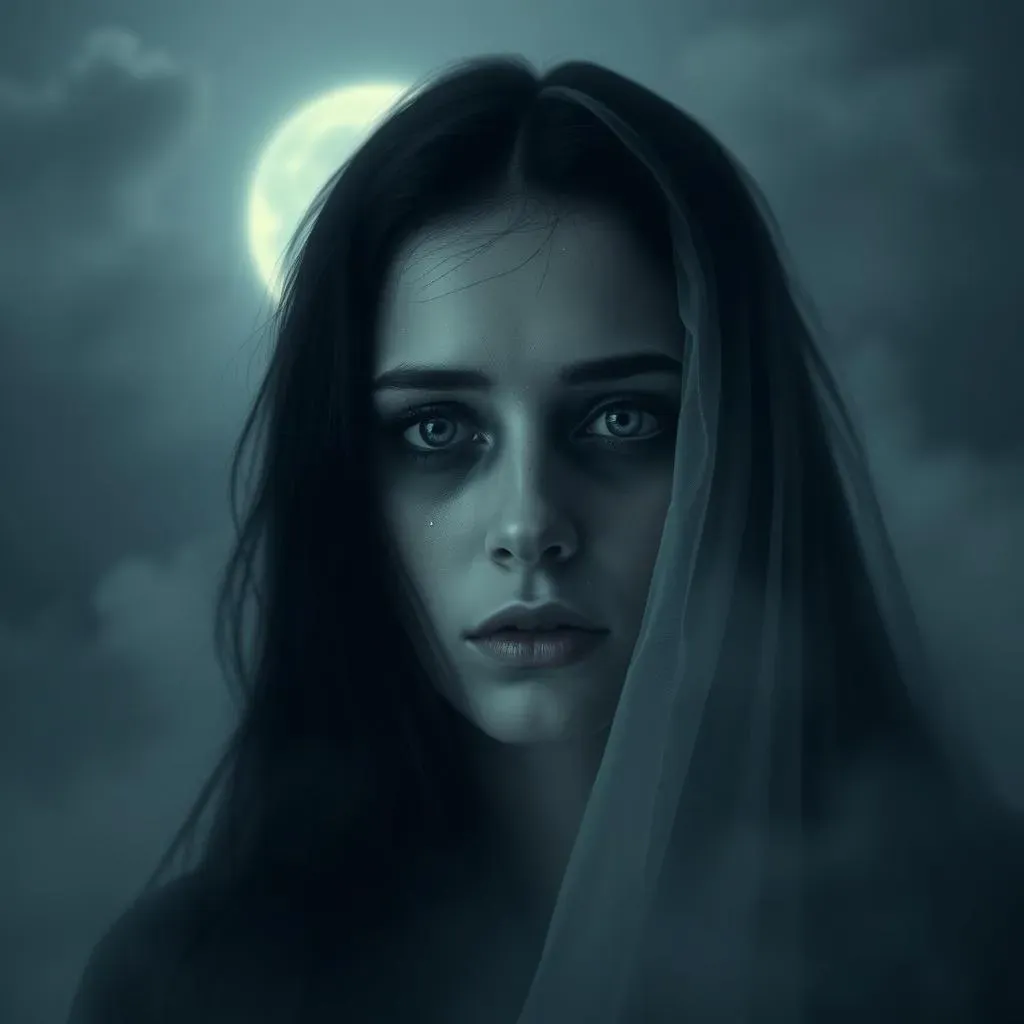Table of Contents
Have you ever felt a chill down your spine, a sense of unease in a seemingly ordinary place? Perhaps you've glimpsed a fleeting shadow, heard a whisper in the quiet, or felt a presence where there should be none. These experiences, often attributed to the supernatural, tap into a deep-seated human fascination with the unknown, a primal curiosity about what lies beyond the veil of life. This article explores the enigmatic question, "Whose ghost?" We'll journey into the heart of spectral narratives, examining the cultural impact of ghostly figures across various societies and throughout history. Prepare to uncover the enduring power of ghost stories, from the chilling tales whispered around campfires to the complex characters haunting the silver screen. We'll delve into how the concept of "whose ghost" influences our understanding of mortality, memory, and the lingering echoes of the past. Through insightful analyses of literature and film, we'll uncover the common threads that weave together these seemingly disparate narratives, revealing the universal appeal of the ghostly unknown. Get ready to unravel the mysteries surrounding "whose ghost" and discover the compelling reasons behind its enduring presence in our collective imagination. Are you brave enough to follow?
Whose Ghost Haunts Our Collective Imagination?
Whose Ghost Haunts Our Collective Imagination?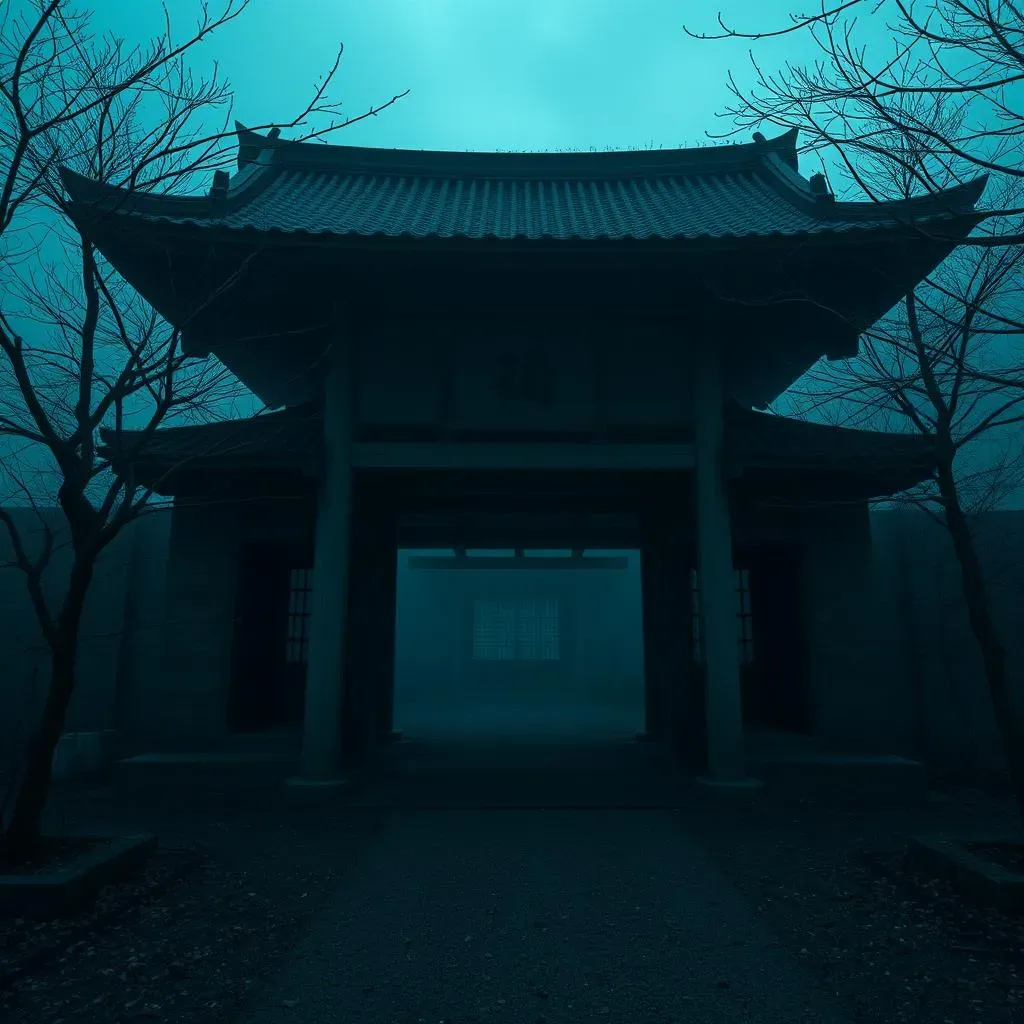
The Allure of the Unknown
So, you're diving into "Whose Ghost Haunts Our Collective Imagination?" That's a fantastic starting point! It's a question that cuts to the very core of what makes ghost stories so compelling. Think about it – the unknown is inherently terrifying, but also incredibly alluring. We’re drawn to the mystery, the unanswered questions. What's more, the idea of a lingering presence, a ghost, taps into our deepest fears about mortality, loss, and the unknown afterlife. It’s the "what if?" that keeps us captivated. It's not just about fear, though; it's also about the potential for connection, for a glimpse beyond our everyday reality. We want to believe in something bigger than ourselves, something that transcends the limitations of our physical existence. The mystery of "whose ghost" allows us to explore these powerful themes in a safe, fictional space.
Consider the enduring popularity of ghost stories across cultures and throughout history. From ancient folklore to modern horror novels, the specter of the past continues to fascinate and terrify. Why? Because these stories allow us to grapple with difficult emotions and questions about life and death in a controlled environment. We can explore themes of guilt, regret, unfinished business, and the possibility of an afterlife without facing the raw, emotional reality of loss in our own lives. It's a cathartic experience, allowing us to confront these difficult concepts in a way that's both engaging and safe.
Culture | Ghostly Belief | Themes Explored |
|---|---|---|
Japanese | Yurei (vengeful spirits) | Unresolved grief, injustice |
Irish | Banshees (wailing spirits) | Death, impending doom, fate |
European | Poltergeists (noisy spirits) | Disturbance, chaos, the disruption of the mundane |
The Power of Narrative
The power of "whose ghost" lies not just in the mystery itself, but also in the narrative structures used to tell these stories. Think about classic ghost stories – they often play with ambiguity, leaving the reader or viewer to question what is real and what is imagined. This uncertainty keeps us engaged, forcing us to actively participate in constructing the meaning of the story. Are we seeing a real ghost, or is it a trick of the light, a figment of someone's imagination, or perhaps even a manifestation of psychological trauma? The ambiguity inherent in the question, "Whose ghost?" allows the story to resonate on multiple levels, engaging our intellect as well as our emotions. The best ghost stories don't just scare us; they make us think.
Furthermore, the narratives surrounding ghosts often serve as vehicles for exploring broader social and cultural anxieties. Ghosts can represent unresolved conflicts, societal traumas, or the lingering effects of past injustices. Consider how ghost stories often reflect the fears and concerns of their time – for example, stories about vengeful spirits might emerge from a period of social unrest or political upheaval. By examining the specific ghosts that haunt a particular culture's collective imagination, we can gain valuable insights into that culture's history, beliefs, and values. The specific ghost becomes a symbol, a reflection of the deeper anxieties and concerns of the community that tells its story.
- Ambiguity and uncertainty are key elements in creating suspense.
- Ghost stories often explore themes of loss, grief, and unfinished business.
- The identity of the ghost can symbolize broader social or cultural anxieties.
Exploring the Cultural Significance of "Whose Ghost"
Exploring the Cultural Significance of "Whose Ghost"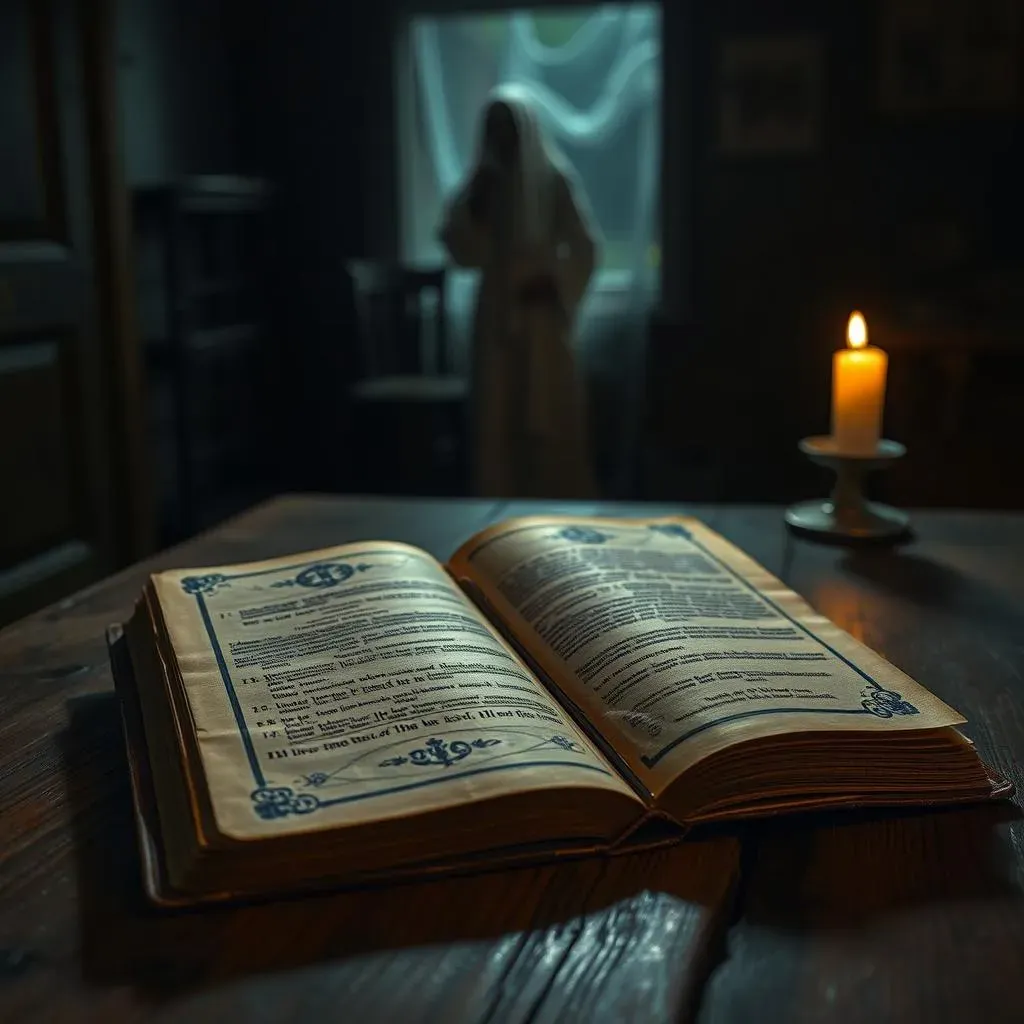
Ghosts as Reflections of Societal Anxieties
Think about it: ghosts often aren't just spooky figures; they're powerful symbols reflecting the anxieties and uncertainties of a given time and place. In times of war or social upheaval, you might see a surge in stories about vengeful spirits, reflecting the unrest and desire for justice. During periods of rapid technological advancement, stories might focus on ghosts tied to lost traditions or the fear of the unknown future. The specific characteristics of the ghost—its appearance, its actions, its motivations—all offer clues to the underlying cultural concerns. It's like a cultural Rorschach test; the ghost reveals what the community projecting onto it fears most.
For example, consider the numerous ghost stories tied to historical events like the Salem witch trials or the Black Death. These stories often feature vengeful spirits or restless souls, reflecting the lingering trauma and unresolved issues stemming from those events. The identity of "whose ghost" in these narratives becomes a powerful symbol representing the collective memory and unresolved grief of the community. The stories serve as a way to process and make sense of these traumatic experiences, passing down warnings and lessons through generations.
Historical Event | Type of Ghost | Cultural Significance |
|---|---|---|
Salem Witch Trials | Vengeful spirits, restless souls | Unresolved fear of persecution, injustice |
Black Death | Diseased spirits, plague victims | Fear of disease, mortality, societal collapse |
World War I | Soldiers' ghosts | Trauma of war, loss of life, unresolved grief |
Ghosts as Keepers of Memory and Tradition
Beyond reflecting anxieties, ghosts can act as powerful keepers of memory and tradition. They often represent aspects of a culture's past that are either forgotten or suppressed, serving as a reminder of lost ways of life, forgotten histories, or unresolved conflicts. The ghost becomes a conduit for transmitting cultural knowledge and values across generations, providing a link between the past, present, and future. The question, "Whose ghost?" is not just about identifying a specific spirit; it's about uncovering the stories and meanings embedded within the cultural narrative surrounding that ghost.
Think about family legends or local folklore about specific haunted places. These stories often contain elements of historical truth, woven together with supernatural elements to create a compelling narrative. The ghost itself might represent a forgotten ancestor, a tragic figure from the past, or a warning against repeating past mistakes. These narratives serve as a form of oral history, transmitting cultural knowledge and values through generations. The specific identities of "whose ghost" in these stories are often deeply intertwined with the community's identity and sense of place.
- Ghosts can represent forgotten ancestors or historical figures.
- Ghost stories often transmit cultural knowledge and values.
- Haunted places can be seen as repositories of collective memory.
Ghosts and the Exploration of Identity
The enduring appeal of "whose ghost?" also lies in its ability to explore questions of identity, both individual and collective. Ghosts often represent aspects of ourselves that we repress or deny, unresolved conflicts, or parts of our past that we struggle to reconcile. The ghost might symbolize a lost love, a missed opportunity, or a deep-seated regret. By confronting these ghostly figures, we confront aspects of ourselves, allowing for a form of self-reflection and personal growth.
In a broader sense, the question of "whose ghost" can also be interpreted as an exploration of collective identity. The ghosts that haunt a particular culture often reflect that culture's shared history, beliefs, and values. The specific ghosts that emerge in the collective imagination can reveal much about the community's fears, hopes, and aspirations. Exploring those spectral figures allows for a deeper understanding of the cultural landscape and the forces that shape its identity.
Whose Ghost in Literature and Film: A Comparative Analysis
Whose Ghost in Literature and Film: A Comparative Analysis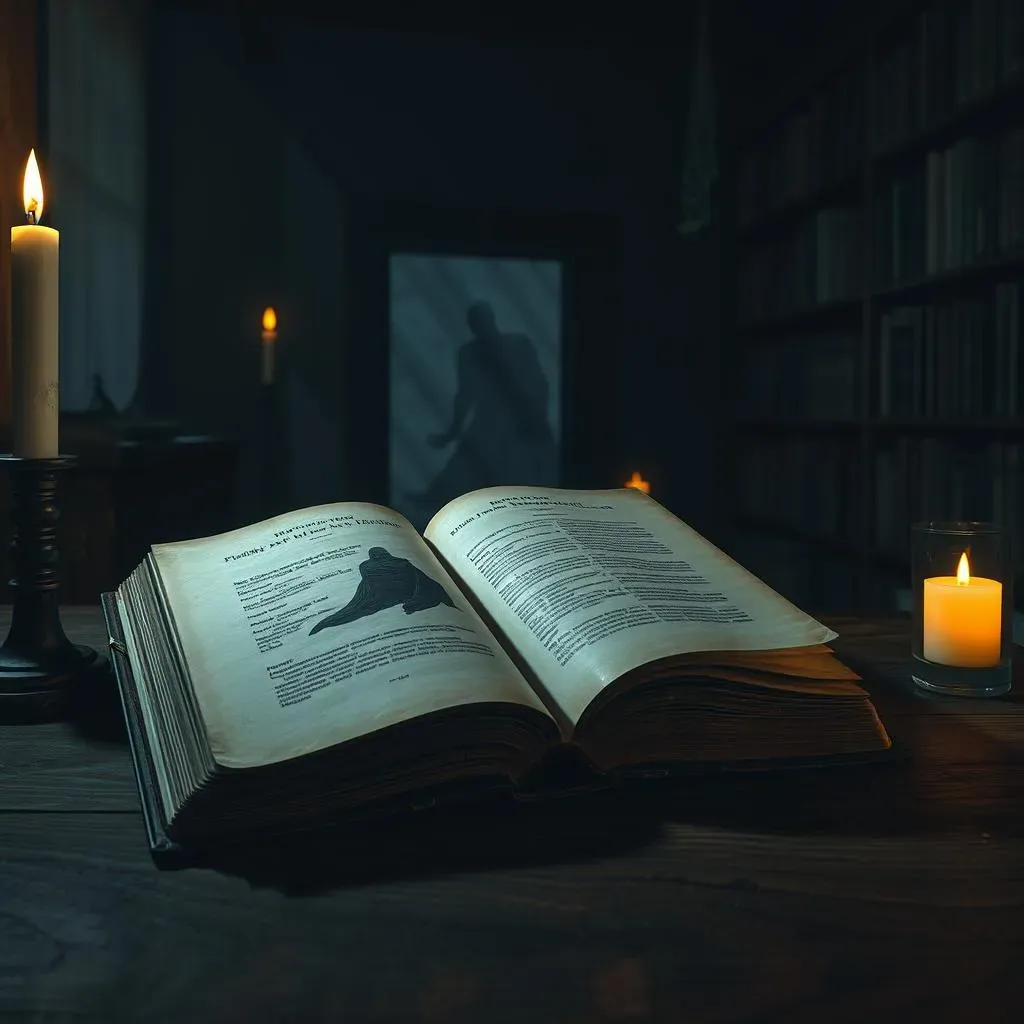
Literary Ghosts: Exploring the Psychological Landscape
Let's start with literature. Think about the ghosts in classic works like Hamlet or A Christmas Carol. These aren't just spooky apparitions; they're often manifestations of psychological states, unresolved guilt, or the weight of the past. Hamlet's father's ghost, for example, is a catalyst for his internal struggles, a representation of his own unresolved grief and anger. Similarly, Scrooge's ghostly visitors force him to confront his own selfishness and the consequences of his actions. In these cases, "whose ghost" isn't just about identifying a supernatural entity; it's about exploring the inner turmoil of the characters and the psychological impact of trauma and unresolved issues.
Literary ghosts often operate on a more symbolic level. They represent abstract concepts like memory, regret, or the subconscious. The ambiguity inherent in these narratives allows for multiple interpretations, inviting readers to engage actively with the text and draw their own conclusions. This contrasts sharply with the more straightforward, often visual, approach taken in many films. The question "whose ghost" becomes a prompt for introspection, a journey into the complexities of human psychology.
- Ghosts as manifestations of psychological states (guilt, trauma)
- Symbolic representations of abstract concepts (memory, regret)
- Emphasis on ambiguity and multiple interpretations
Cinematic Ghosts: Visual Spectacle and Emotional Impact
Now, let's shift gears to film. Here, the focus often shifts from psychological depth to visual spectacle. Think about the ghosts in movies like Ghost (1990) or The Sixth Sense. These films often prioritize creating a visually striking and emotionally impactful experience. The ghosts are often more tangible, more directly involved in the plot, and their motivations are usually clearer. The visual elements, special effects, and musical scores all contribute to the overall atmosphere and emotional resonance.
However, even within the visual medium, the question of "whose ghost" remains central. The identity of the ghost, its backstory, and its motivations become key plot points. These narratives often explore themes of loss, grief, and unfinished business, but they do so through a more direct and visceral approach. The emotional impact is amplified by the visual storytelling, making the audience actively participate in the characters' emotional journeys. While literary ghosts might linger in the realm of ambiguity, cinematic ghosts often demand a resolution, a clearer understanding of their identity and purpose.
Film | Ghost's Role | Emotional Impact |
|---|---|---|
Ghost (1990) | Protective, guiding | Romantic, hopeful |
The Sixth Sense | Seeking help, unresolved trauma | Suspenseful, melancholic |
The Ring | Vengeful, terrifying | Fear, dread |
Comparing and Contrasting: A Synthesis
When comparing literary and cinematic approaches to "whose ghost," it becomes clear that each medium offers unique strengths. Literature excels at exploring the psychological nuances and ambiguities inherent in ghostly narratives, while film excels at creating visually striking and emotionally resonant experiences. However, both mediums ultimately grapple with similar themes: loss, grief, unresolved issues, and the enduring power of memory. The question of "whose ghost" becomes a vehicle for exploring the human condition, our relationship with the past, and our anxieties about the future, regardless of the medium used to tell the story.
Ultimately, the effectiveness of a ghost story, whether in literature or film, depends on its ability to engage the audience emotionally and intellectually. It's not just about the "who" of the ghost, but also the "why" and the "how." By understanding the unique approaches and strengths of each medium, we can better appreciate the rich tapestry of ghostly narratives that have captivated audiences for centuries. The enduring power of "whose ghost?" lies in its ability to tap into our deepest fears and hopes, reminding us of the enduring mysteries that surround life and death.
Whose Ghost: The Enduring Power of Spectral Narratives
Whose Ghost: The Enduring Power of Spectral Narratives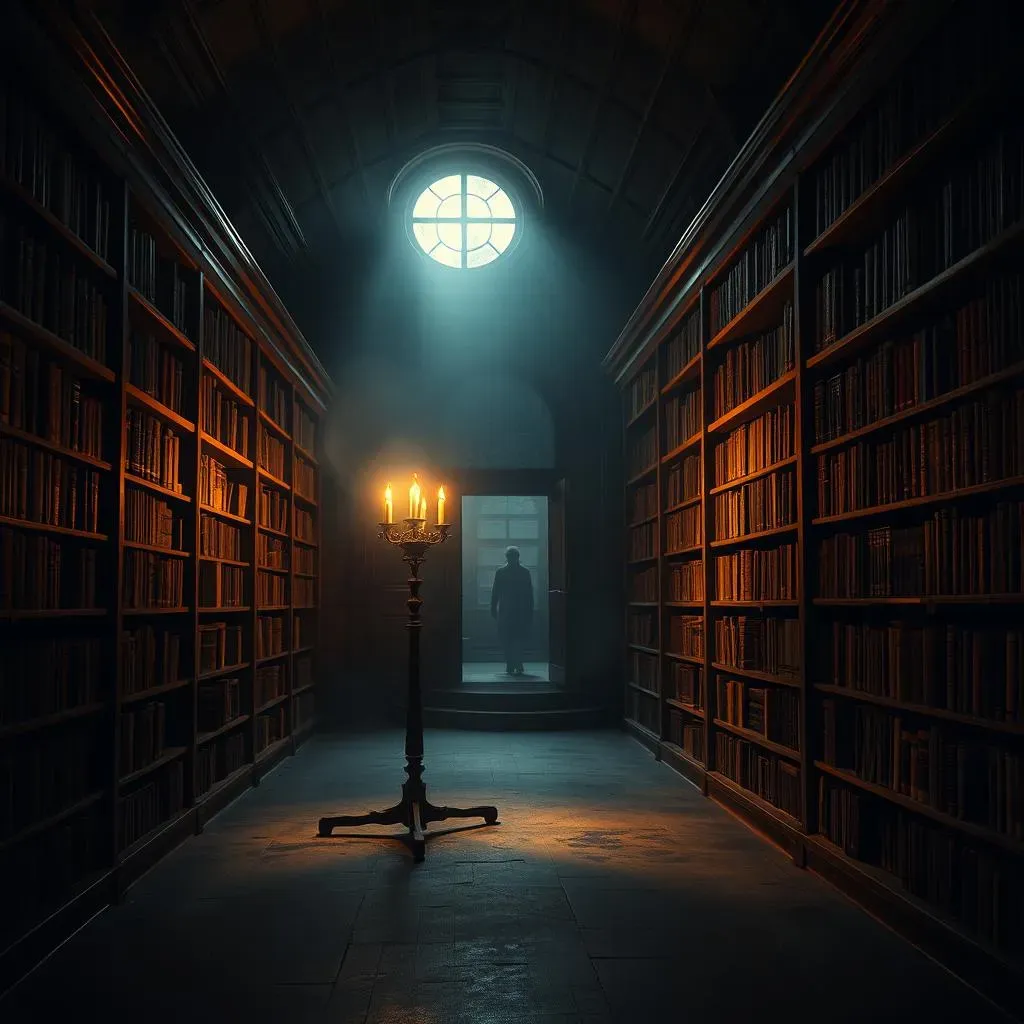
The Lingering Impact of Ghost Stories
So, you're intrigued by the enduring power of ghost stories? That's fantastic! It's a topic that never gets old, right? The fascination with "whose ghost" isn't just about a fleeting scare; it's about something much deeper. These stories tap into fundamental human anxieties – our fear of death, our longing for connection beyond the grave, our grappling with the unknown. They're a way to explore these profound questions in a safe, fictional context. Think about it: a ghost story can be a powerful tool for exploring themes of loss, grief, guilt, and redemption – all things we humans deal with throughout our lives. The enduring appeal of the ghost narrative lies in its ability to offer a symbolic space for processing these difficult emotions.
Consider how ghost stories often serve as cautionary tales, warnings against certain actions or behaviours. They can also be vehicles for exploring social justice issues, giving voice to the unheard or forgotten. The specific identity of the ghost – "whose ghost" – often holds symbolic weight, representing a particular social injustice, a historical trauma, or a cultural anxiety. These narratives aren't just spooky tales; they're powerful cultural artifacts, revealing much about the societies that create and share them. The enduring power of "whose ghost" lies in its capacity to reflect and shape our understanding of the world around us.
- Exploration of universal themes (death, loss, grief)
- Cautionary tales and moral lessons
- Reflection of social and cultural anxieties
The Evolution of the Ghost Story
Now, let's think about how the ghost story itself has evolved over time. From ancient folklore and mythology to modern horror novels and films, the basic premise of "whose ghost" has been adapted and reinterpreted countless times. Think about the differences between, say, a traditional Irish banshee tale and a modern psychological horror story. While both explore themes of death and the supernatural, their approaches are vastly different. The older tales often rely on a sense of mystery and ambiguity, leaving much to the imagination. Modern stories, on the other hand, often prioritize visual spectacle and psychological suspense.
Despite these differences, the underlying appeal of "whose ghost" remains constant. We are still drawn to these stories because they allow us to explore our deepest fears and desires in a safe and controlled environment. The evolution of the ghost story mirrors the evolution of society itself, reflecting changing cultural values, technological advancements, and evolving anxieties. The specific identity of "whose ghost" in a given story is often a reflection of the societal context in which it was created. It’s a fascinating interplay between tradition and innovation, a testament to the enduring power of this particular narrative archetype. The question "whose ghost?" continues to resonate because it invites us to explore the unknown, both within ourselves and in the world around us.
Era | Ghost Story Characteristics | Themes |
|---|---|---|
Ancient Folklore | Oral tradition, supernatural beings, ambiguous morality | Ancestor worship, natural forces, fate |
Gothic Literature | Psychological suspense, atmospheric settings, decaying mansions | Guilt, isolation, the supernatural as a reflection of inner turmoil |
Modern Horror | Visual spectacle, jump scares, psychological torment | Trauma, societal anxieties, the unknown |
